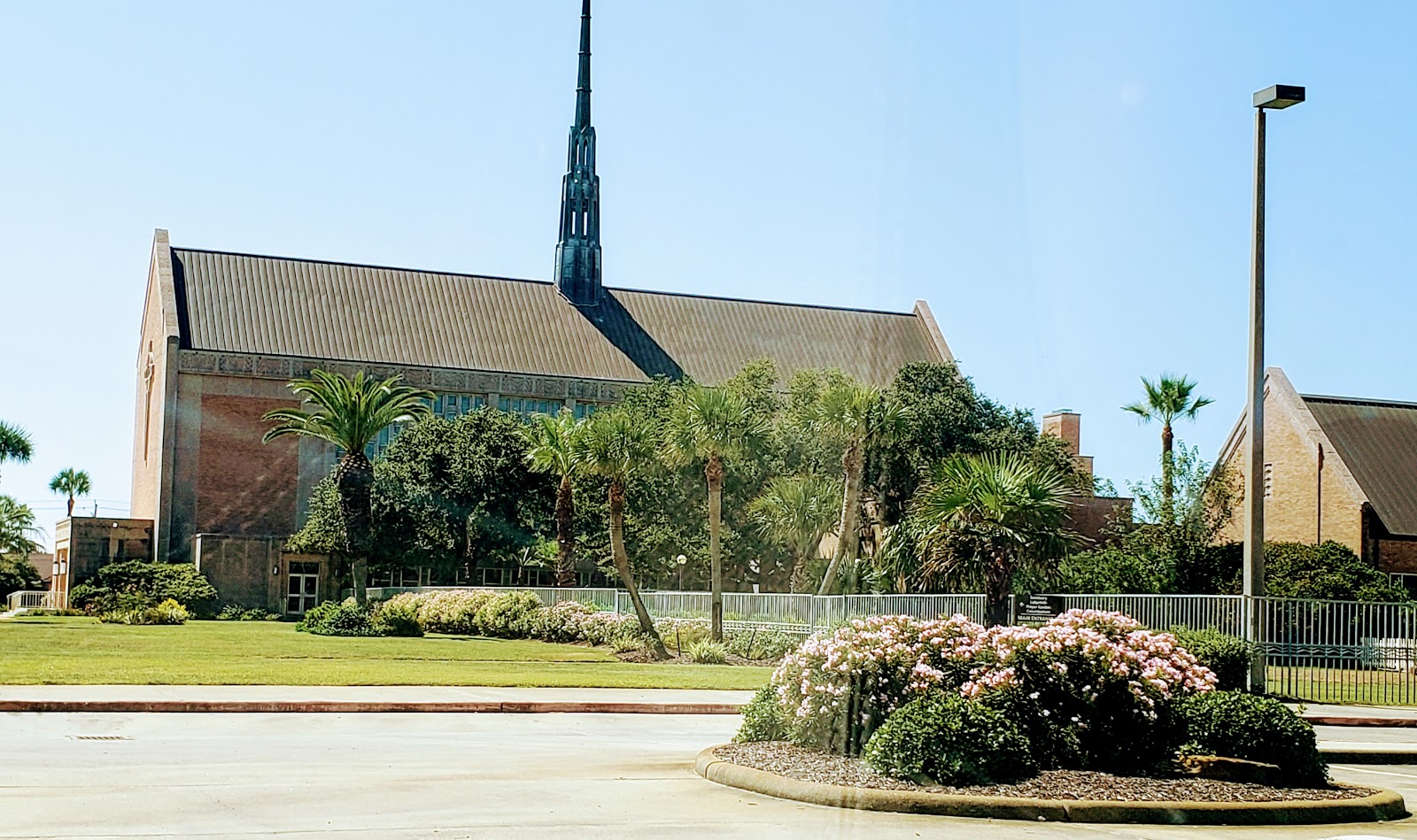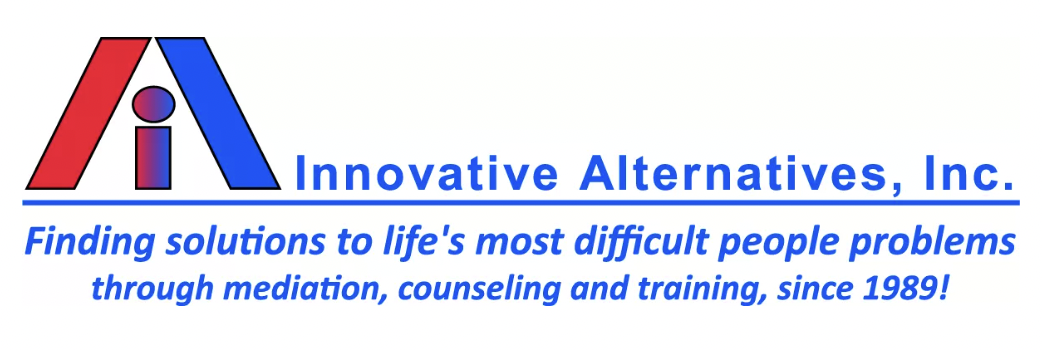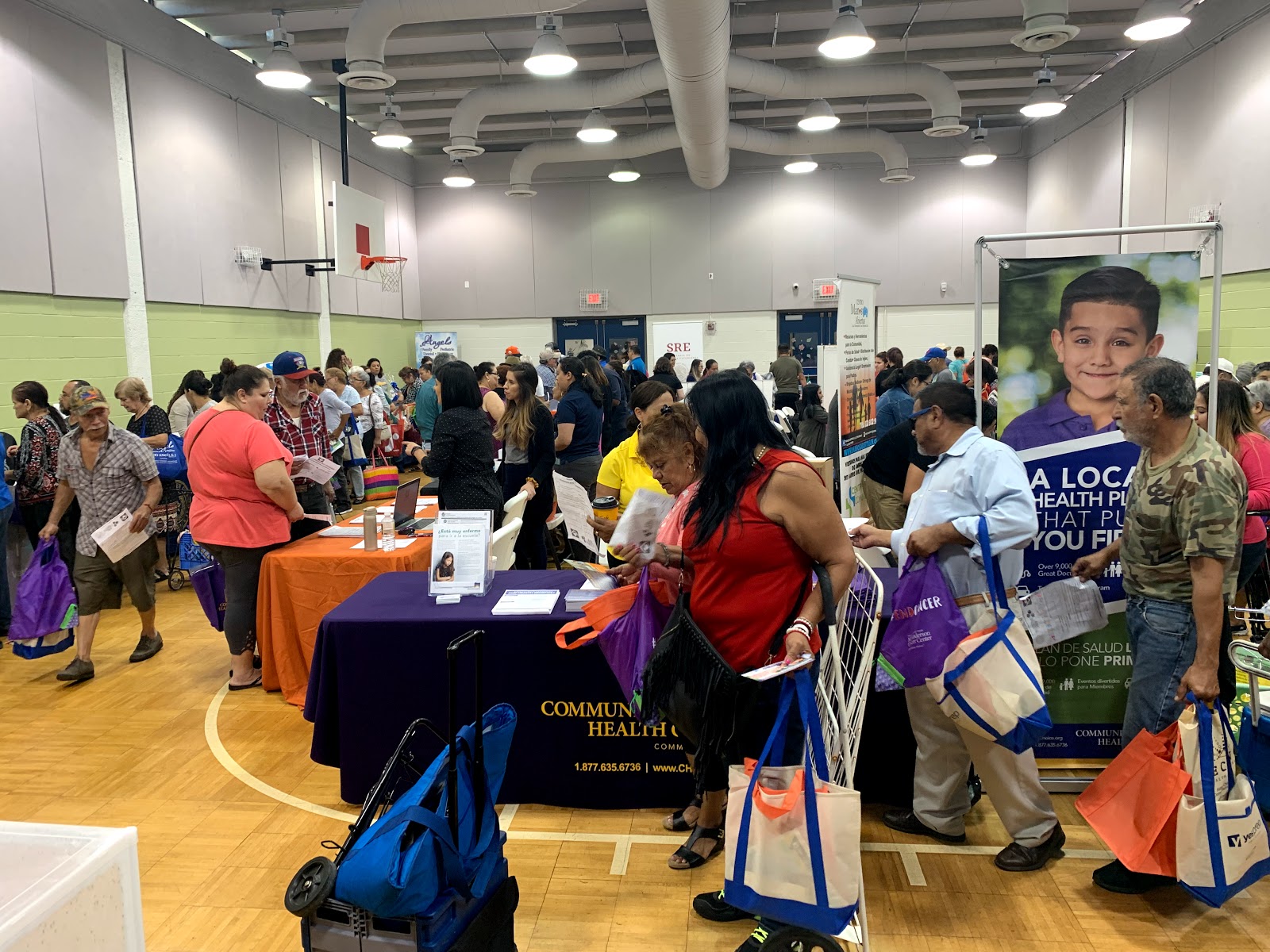Overview
Innovative Alternatives - Moody Methodist Church is a substance abuse treatment center for people seeking treatment near Galveston County. As part of their treatment modalities for recovery, Innovative Alternatives - Moody Methodist Church provides individual psychotherapy during treatment. Innovative Alternatives - Moody Methodist Church is located in Galveston, Texas, accepting cash or self-payment for treatment.
Innovative Alternatives - Moody Methodist Church at a Glance
Payment Options
- Cash or self-payment
- Sliding fee scale (fee is based on income and other factors)
- Medicaid
- Federal military insurance (e.g., TRICARE)
- Private health insurance
Assessments
- Comprehensive mental health assessment
- Comprehensive substance use assessment
Age Groups
- Children/adolescents
- Young adults
- Adults
Operation
- Private non-profit organization
Accreditations
State department of health:

State Licenses, issued by government agencies, authorize rehabilitation organizations to legally operate within designated geographical areas. The specific licenses required for operation are typically determined by both the nature of the rehabilitation program provided by the facility and its physical location.
Registration: 13003
Treatment At Innovative Alternatives - Moody Methodist Church

Conditions Treated
Mental health treatment:
Mental health treatment involves a range of therapeutic approaches, provided by licensed professionals, to address mental health challenges. It includes psychotherapy, medication, and holistic practices to help individuals manage conditions, improve coping skills, and enhance overall well-being. The goal is to empower individuals to lead fulfilling lives and reduce the stigma surrounding mental health.
Substance use treatment:
Substance use rehabilitation is a comprehensive treatment approach designed to assist individuals struggling with addiction to drugs or alcohol. This form of rehabilitation addresses both the physical dependency, often starting with detoxification, and the psychological triggers, using various therapeutic methods. The objective is to empower individuals to achieve and maintain sobriety, while equipping them with the tools and coping strategies needed to reintegrate into society and lead a substance-free life.
Co-occurring Disorders:
Dual-diagnosis rehabilitation centers often offer the most suitable approach for addressing concurrent mental health and substance abuse issues. These facilities typically employ a team of medical and behavioral specialists who utilize a variety of interventions and create a conducive healing environment to support your journey toward lasting recovery. Their comprehensive treatment approach typically encompasses evidence-based therapies such as cognitive-behavioral therapy, recovery support meetings, 12-step facilitation, psychoeducation, skills training, and group therapy to help you achieve and maintain long-term wellness.

Levels Of Care
Aftercare:
Finishing a drug or alcohol rehab program is not the conclusion of substance abuse treatment but rather a pivotal step toward long-term recovery. Aftercare encompasses devising a sustainable recovery plan coupled with enduring support. It may include sober living environments such as halfway houses, career counseling, and connecting patients with community support programs like Alcoholics Anonymous (AA) or Narcotics Anonymous (NA). This holistic approach ensures a smooth transition into a substance-free life while bolstering resilience against relapse.
Outpatient:
Outpatient treatment in a rehab center offers flexible therapy sessions, typically ranging from 1-3 hours per week, allowing individuals to continue daily activities while receiving care. In contrast, intensive outpatient programs demand a more rigorous commitment, often involving 9-15 hours weekly, providing a more immersive therapeutic environment without the need for inpatient stays.

Treatment Modalities
Individual psychotherapy:
Individual Psychotherapy is a personalized therapeutic approach aimed at aiding individuals in overcoming addiction and its underlying psychological triggers. A licensed therapist works closely with the individual through one-on-one sessions to unearth and address personal challenges, emotional issues, and behavioral patterns contributing to their substance abuse. Individual psychotherapy lays a robust foundation for a sustainable recovery and a better quality of life by fostering self-awareness, coping strategies, and healthier behavioral responses.
Group counseling:
Group Therapy is a therapeutic space where individuals battling addiction come together to share experiences, gain insights, and support one another on their journey to recovery. Facilitated by trained professionals, this setting fosters communal healing and empowers participants to overcome the challenges of addiction through collective strength and understanding.
Family counseling:
Family Counseling is a therapeutic approach that seeks to address and resolve conflicts, improve communication, and strengthen relationships within the family unit. By providing a safe space for family members to express their feelings and concerns, a trained counselor facilitates understanding and collaboration among members, promoting healthier dynamics and enhancing overall family well-being.
Marital/couples counseling:
Whether a marriage or other committed relationship, an intimate partnership is one of the most important aspects of a person's life. Drug and alcohol addiction affects both members of a couple in deep and meaningful ways, as does rehab and recovery. Couples therapy and other couples-focused treatment programs are significant parts of exploring triggers of addiction, as well as learning how to build healthy patterns to support ongoing sobriety.
Life Skills:
Life skills training equips individuals with essential competencies, such as time management, career planning, financial literacy, and effective communication, to navigate the challenges of daily life. These skills are foundational to achieving not just sobriety but a thriving, fulfilling life post-addiction. Such training lays the groundwork for sustainable success and long-term recovery.
Cognitive Behavioral Therapy:
Cognitive Behavioral Therapy (CBT) is a evidence-based psychological treatment that focuses on identifying and challenging negative thought patterns and behaviors. It aims to develop coping strategies and promote healthier thinking to address a variety of mental health issues, such as depression, anxiety, and stress. CBT is typically short-term and goal-oriented, emphasizing the role of thought processes in influencing emotions and behaviors.
Trauma-related counseling:
Trauma therapy addresses the underlying emotional and psychological wounds that may contribute to an individual's substance abuse. Through a combination of psychotherapy and coping strategies, individuals are aided in processing past traumatic experiences, understanding the impact of trauma on their current behavior, and developing healthier coping mechanisms. This holistic approach fosters resilience, aids in the resolution of trauma, and is fundamental in supporting individuals on their path toward sustained recovery from addiction.
Eye Movement Desensitization and Reprocessing therapy:
Eye Movement Desensitization and Reprocessing (EMDR) Therapy is a psychotherapeutic approach designed to alleviate the distress associated with traumatic memories. Originated by Francine Shapiro in the late 1980s, EMDR involves a structured eight-phase approach where the patient recalls distressing images while receiving bilateral sensory input, typically in the form of guided eye movements. This process allows the brain to reprocess traumatic memories, reducing their emotional charge and helping individuals integrate these memories more adaptively. EMDR is widely recognized for its effectiveness in treating post-traumatic stress disorder (PTSD) and other trauma-related psychological disorders.
Hypnotherapy:
Hypnotherapy, often referred to as guided hypnosis, is a therapeutic approach utilized to address substance use, particularly for those aiming to quit smoking cigarettes. By helping clients focus inwardly, clinical hypnotherapists enable access to the subconscious, introducing healthier suggestions. This method paves the way for profound, enduring transformations, including breaking free from addictive behaviors.
Experiential Therapy:
Experiential therapy is a form of therapy in which clients are encouraged to surface and work through subconscious issues by engaging in real-time experiences. Experiential therapy departs from traditional talk therapy by involving the body, and having clients engage in activities, movements, and physical and emotional expression. This can involve role-play or using props (which can include other people). Experiential therapy can help people process trauma, memories, and emotion quickly, deeply, and in a lasting fashion, leading to substantial and impactful healing.
Recreational Therapy:
Recreational Therapy, also known as therapeutic recreation, is a specialized form of therapy that utilizes recreational activities to enhance an individual's physical, emotional, cognitive, and social well-being. It aims to improve and maintain overall health, well-being, and quality of life. Therapists design individualized intervention plans that align with their clients' specific needs and interests, using activities such as sports, music, arts and crafts, dance, and outdoor adventures as therapeutic tools. This form of therapy is beneficial for various populations, including those with physical disabilities, mental health conditions, and age-related challenges.
Intervention Services:
Intervention Services are professional services aimed at addressing and amending harmful behaviors or situations, primarily in individuals struggling with addiction or other serious issues. These services guide and support both individuals and their loved ones through the intervention process, wherein a structured, solution-oriented conversation is held to encourage the individual to accept help and make positive changes towards recovery. By blending compassionate understanding with a well-formulated approach, intervention services play a crucial role in bridging the gap between acknowledgment of an issue and taking the initial steps towards resolution.
Religious Programs:
Religious programs in rehab integrate spiritual principles and practices with traditional rehabilitation methods to offer holistic healing and recovery. These programs cater to individuals who seek solace in their faith and believe that spiritual growth can significantly complement their journey to sobriety. By incorporating prayer, meditation, religious teachings, and fellowship, these programs aim to strengthen one's spiritual foundation while addressing addiction's physical and psychological challenges. Whether rooted in Christianity, Islam, Judaism, Buddhism, or other faiths, religious programs provide an avenue for deeper introspection, community support, and a renewed sense of purpose.
Ancillary Services
Languages
- Spanish
Special Programs
- Children/adolescents with serious emotional disturbance (SED)
- Active duty military
- Clients who have experienced trauma

Additional Locations
Contact Information
DISCLAIMER: The facility name, logo and brand are the property and registered trademarks of Innovative Alternatives - Moody Methodist Church, and are being used for identification and informational purposes only. Use of these names, logos and brands shall not imply endorsement. BetterAddictionCare.com is not affiliated with or sponsored by Innovative Alternatives - Moody Methodist Church.





